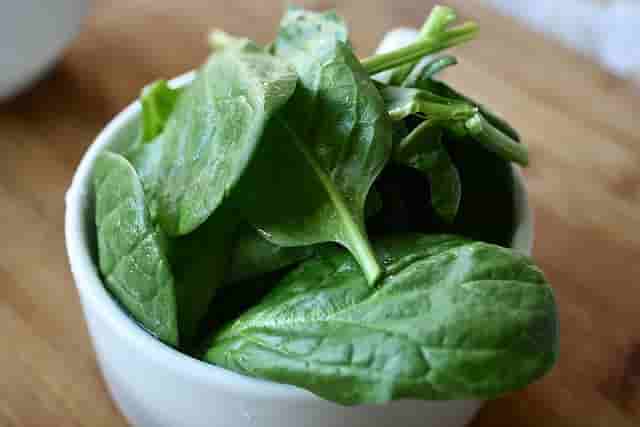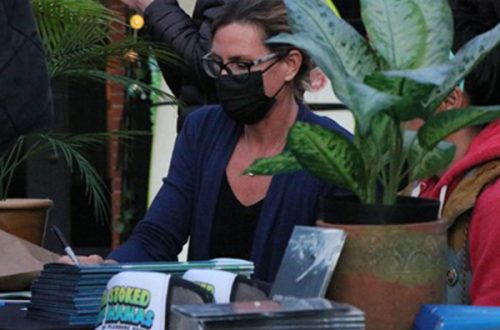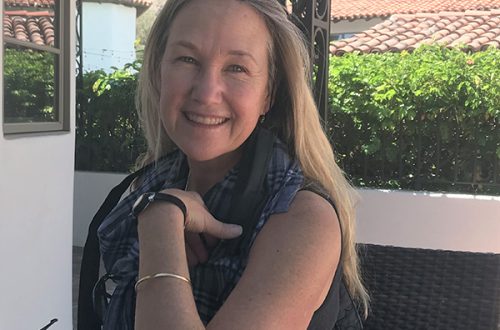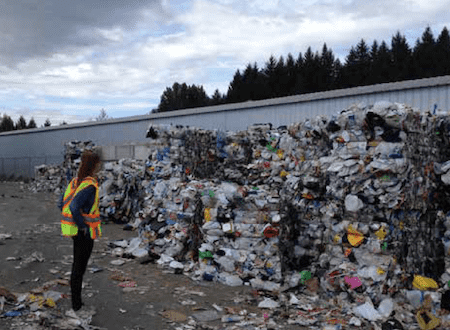Eat Your Spinach: Birth Matters September 2018

By Laura Maxon, LM
Popeye popularized spinach for instant strength, but when it comes to iron-rich foods, there are others that pack a bigger punch. Foods rich in iron are necessary to build red blood cells, which are key to delivering oxygen to every part of the body. Iron helps us feel energized and be better able to fend off infection.
During pregnancy iron is vital for both mother and the developing baby. Women are screened for true anemia (very low iron) in early pregnancy so iron supplementation can be started right away. True anemia shouldn’t be con- fused with the expected dip in iron levels mid-pregnancy reflecting a normal expansion of blood volume that is taking place. Blood plasma increases quickly with the slower growing red blood cells lagging behind, causing the dip. Blood volume expands by close to 50% to support a growing baby and to prepare for normal blood loss at birth.
Normal iron levels at the beginning of pregnancy will often remain in the normal range, but someone beginning pregnancy low in iron will likely become anemic by mid-pregnancy without some dietary intervention. Adequate iron levels can make a real difference in how good a new mother feels after birth, adding a buffer if there is greater blood loss then expected. A new mother who is anemic may feel dizzy and weak after birth, and be more susceptible to infection after losing even a small amount of blood.
It is recommended that at least 27 milligrams of iron be consumed every day during pregnancy to build good iron reserves in the baby and mother. Although many prenatal vitamins have extra iron, much of that daily requirement can be met through food sources. Most every- one knows that eating meat, especially red meat or the dark meat from poultry, is high in iron. But, of course this isn’t going to work for vegans or vegetarians. In that case, beans, beans and more beans usually top the menu.
Iron from an animal source is called heme and is more readily absorbed than plant-based, non-heme iron.
Here are a few easy ways to increase iron absorption, especially from non-meat sources:
n add vitamin c to any meal containing plant-based iron to
increase absorption dramatically. n avoid consuming calcium in the same meal as iron-rich foods.
n try hummus with raw green pep- per slices as dippers.
n trail-mix with pumpkin seeds, cashews, and dried apricots will provide quite a punch of iron. (dried pumpkin seeds are very high in iron.)
–Add orange segments to a spinach salad to provide Vitamin C for better absorption.
–Sprinkle kidney beans on a salad and sesame seeds on anything!
–Make chili in a cast iron pot or skillet for an added iron boost. The tomato sauce not only provides Vitamin C to enhance absorption of non-heme iron in the beans, but also leaches extra iron from the cast iron pan. Add a small amount of meat to maximize absorption of this great, iron-rich meal.
–Shrimp and canned sardines
(up to 12 oz a week) can be safely consumed by pregnant women and are high in iron.
–Snack on dried figs or dried apricots with a handful of almonds.
–Iron-fortified cereals such as cream of wheat or boxed cold cereals can provide an easy addition of iron.
–Sip some nettles tea.
–Liver is not recommended in pregnancy because of high levels of Vitamin A.
Some iron deficiencies in pregnancy may be caused by recent miscarriage, low levels of B-12 or folate or severe morning sickness. Postpartum anemia generally comes from blood loss at birth. Pitocin induction and augmentation increase the risk for hemorrhage and cesareans generally result a blood loss of 4 cups or more.
Being a little low on iron is different from being anemic. While food-based iron is the preferred method to add iron to the diet, iron supplements may be needed. Iron such as ferrous sulfate can cause constipation, so increasing fiber and liquids in the diet can help minimize this side effect. Many have successfully used plant-based iron supplements, such as Floradix. Please note that iron pills are a leading cause of poisoning in children. Take care to keep any supplements well away from the kids.
Laura Maxson, LM, CPM, the mother of three grown children, has been working with pregnant and breastfeeding women for over 30 years. Currently she is the executive director of Birth Network of Santa Cruz County and has a homebirth midwifery practice. Contact her at midwife@scshop.com or postmaster@birthnet.org
Laura Maxson has been the director of Birth Network since 1998. She became an advocate in the early ’80s after experiencing a lack of information and choice around birth and breastfeeding. Laura has worked as a breastfeeding counselor, childbirth educator, doula, and homebirth midwife.







